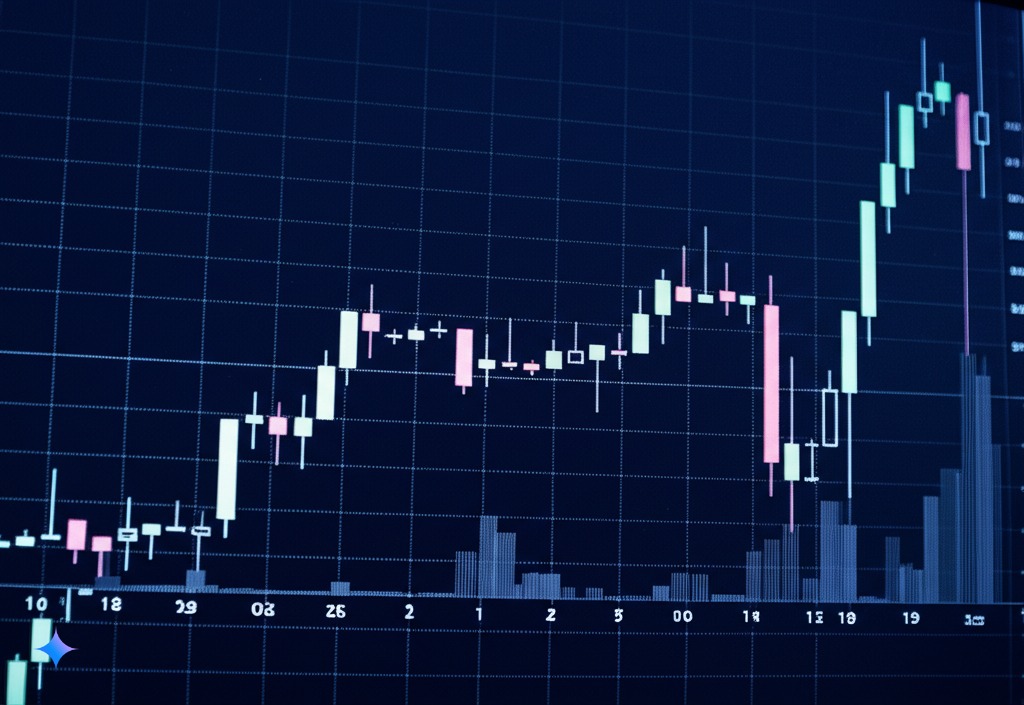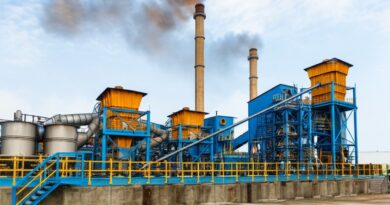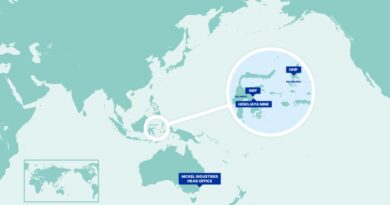APNI Protests Proposed Hike in Nickel Royalty Rates
Jakarta, March 17, 2025 – The Association of Indonesian Nickel Miners (APNI) has formally voiced its strong objection to the government’s plan to increase nickel royalty rates, citing significant negative impacts on the industry.
APNI sent a letter to the Director General of Minerals and Coal at the Ministry of Energy and Mineral Resources (ESDM) expressing concerns that the proposed changes, based on the revision of Government Regulation (PP) No. 26 of 2022, are unrealistic and fail to consider the current challenges facing nickel mining in Indonesia.
APNI argues that the planned royalty increases for nickel ore, ranging from 14% to 19%, and processed products like FeNi/NPI, set at 5% to 7%, are not feasible given the present state of the industry.
The association highlighted several key factors underpinning their opposition, including the continuous decline in global nickel prices coupled with escalating operational costs due to rising prices of B40 biosolar, minimum wage increases, the 12% VAT, and the mandatory 100% export Domestic Market Obligation (DHE).

They also emphasized the substantial capital investment and high risks associated with smelter development, with costs ranging from US$1.5 to US$2 billion per smelter, excluding reclamation, Non-Tax State Revenue (PNBP), Regional Taxes and Levies (PPM), and the Global Minimum Tax of 15%.
APNI contends that the royalty hike will severely compress miners’ production margins, potentially leaving them with margins smaller than their production costs.
Furthermore, APNI pointed out that the mining sector already bears a significant burden of 13 different obligations, encompassing high operational expenses, various taxes and levies, as well as non-fiscal responsibilities such as post-mining reclamation and rehabilitation of river basin areas (DAS).
The association warned that the increased royalty rates could deter investment in both upstream and downstream nickel sectors, diminish the competitiveness of Indonesian nickel products in the global market, and trigger mass layoffs due to squeezed profit margins, particularly in the downstream sector which employs hundreds of thousands of workers.
APNI also cautioned that the reduced production margins resulting from higher royalties would force miners to increase the cut-off grade, leading to a significant shrinkage in mineral reserves, ultimately reducing production levels, the lifespan of mines, and consequently, long-term state revenue.
To mitigate these potential adverse effects, APNI has proposed several alternative solutions for the government to consider. These include revising the Mineral Benchmark Price (HMA) formula for nickel ore to account for iron and cobalt content in addition to nickel.
APNI also suggested a royalty rate adjustment formula based on commodity prices, where royalties would only increase when nickel prices exceed a certain threshold, such as US$24,000 per ton.
Additionally, they recommended fiscal incentives for smelters, like reduced royalty rates for companies with downstream investments, and a review of the tax and levy scheme to eliminate overlapping obligations like VAT, income tax (PPh), PNBP, and GST.
APNI also reiterated the potential for increased royalty revenue through the revision of the HPM formula, potentially generating more income for both the government and miners, and allowing for greater investment in exploration and environmental concerns. They believe that a revised HPM could also lead to increased reserves due to lower cut-off grades and boost the value of nickel exports.
APNI has formally requested the government to consider a progressive, realistic, and equitable royalty tariff policy. They also advocated for an open dialogue between the government, associations, and businesses to develop a mutually beneficial scheme that supports the sustainability of nickel downstreaming.
APNI expressed its readiness to provide technical data and financial analysis to support their proposed policy adjustments.
The Association of Indonesian Nickel Miners (APNI), established on March 6, 2017, is a non-profit organization representing nickel mining businesses in Indonesia. APNI aims to support the sustainable and globally competitive development of the nickel mining industry. Over the years, APNI claims to have made significant contributions to the government and the industry, including advocating for the implementation of the Mineral Reference Price (HPM), establishing governance and trade rules through ESDM Ministerial Regulation No. 11 of 2020, pushing for the ban on nickel ore exports, and transitioning nickel ore trade from CIF to FOB basis.
APNI also successfully lobbied for the extension of the mine work plan and budget (RKAB) approval to three years from the previous one year, and for the inclusion of cobalt pricing in ESDM Ministerial Regulation No. 80 of 2025.
Currently, APNI is urging the government, through the Commodity Futures Trading Regulatory Agency (Bappebti), to establish the Indonesia Metal Exchange (IME), given Indonesia’s position as the world’s largest nickel producer.
Furthermore, APNI is aiming to develop its own Environmental, Social, and Governance (ESG) methodology for the national nickel industry.

